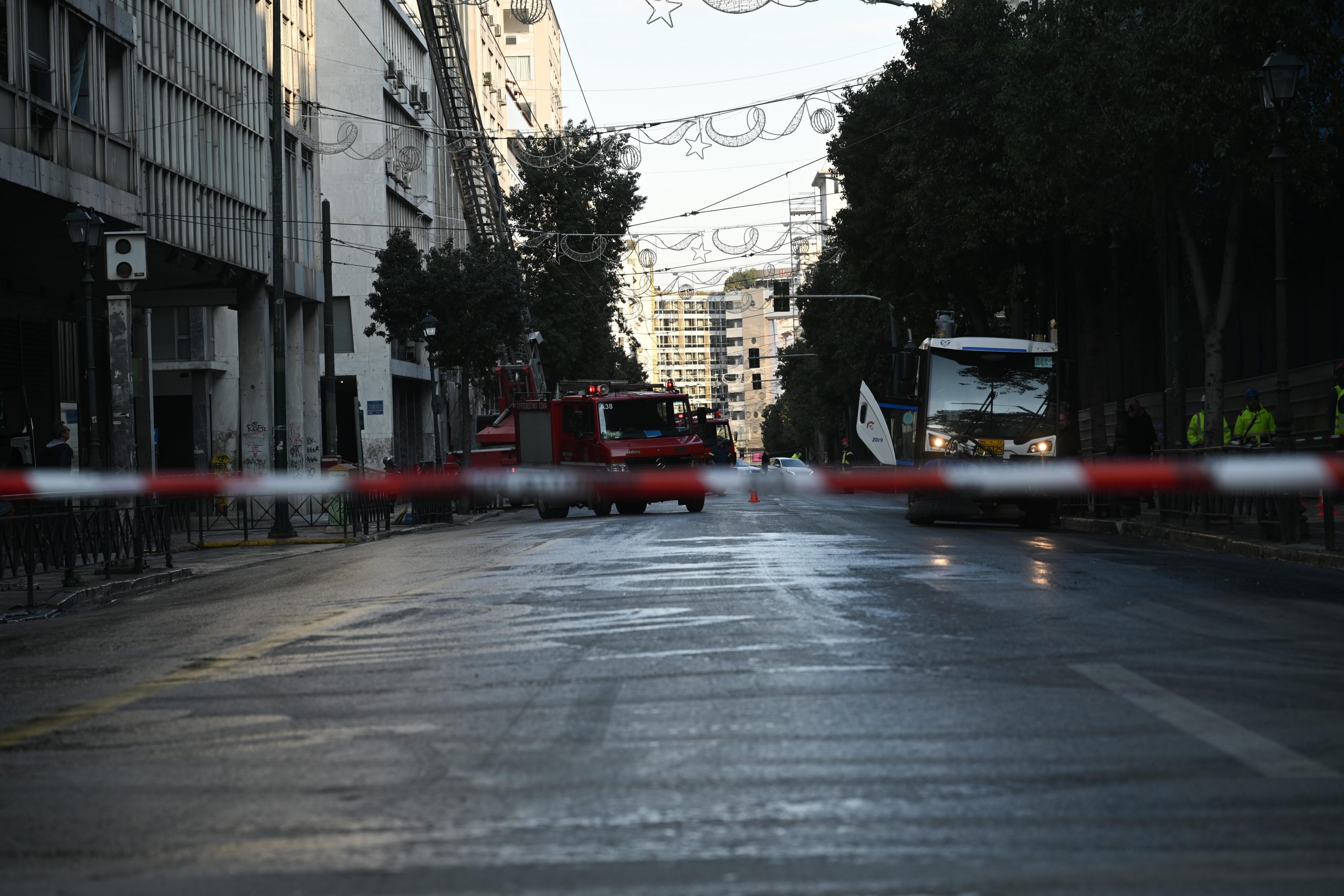I won’t beat about the bush, because this is no time for baseless reassurances: terrorism is knocking at our door again. A new terrorism perhaps, twenty years after the old one was dismantled.
I don’t know if the new crop are really “Koufodinas’ grandchildren.” But we’re definitely faced with the same old bloodthirsty logic that believes we can solve our differences with bombs, with murder and with blood.
And which divides society into unrepentant evil-doers and self-appointed avengers.
It’s not clear how the new terrorism is linked to the old. In any case, it’s serving its apprenticeship, still in training if I can call it that.
We don’t know what its operational capabilities are yet, though the competent authorities have ruled out links with international terrorism of the sort nurtured by the familiar Islamic centers.
For now, when it strikes, the results are amateurish, but that doesn’t mean it is going to stay that way. Sooner or later, they’ll become professional and acquire expertise.
How could they not, when their terrorism is incubating in a political and social environment with an almost natural tendency toward obsession, fanaticism and hatred.
An environment which turns all three into marketable commodities through its newspapers and events, its warped mindset, even when there is no terrorist action to support. Because it still hasn’t killed the serpent in its heads.
We can only hope the security forces do their job effectively, before the corpses and the rubble start piling up.
That the justice system deals with their crimes decisively, severing them at the root. Without cosying up to the perpetrators.
That the political leadership will wake up to the danger of the serpent’s egg before it hatches.
But, above all, we should hope there will be no repeat of the tolerant, non-serious, hands-off approach which allowed the previous wave of terrorism to murder unimpeded for three long decades.
That we will not open the door ourselves to a new nightmare.
But isn’t it strange. That just as Greece finally embraces the future, deepening its democracy and enriching its culture, it should prove unable to sever its links to a repulsive heritage.
“So we beat on, boats against the current, borne back ceaselessly into the past”, F. Scott Fitzgerald wrote in The Great Gatsby.
But don’t worry. “Tomorrow we will run faster, stretch out our arms farther.”



